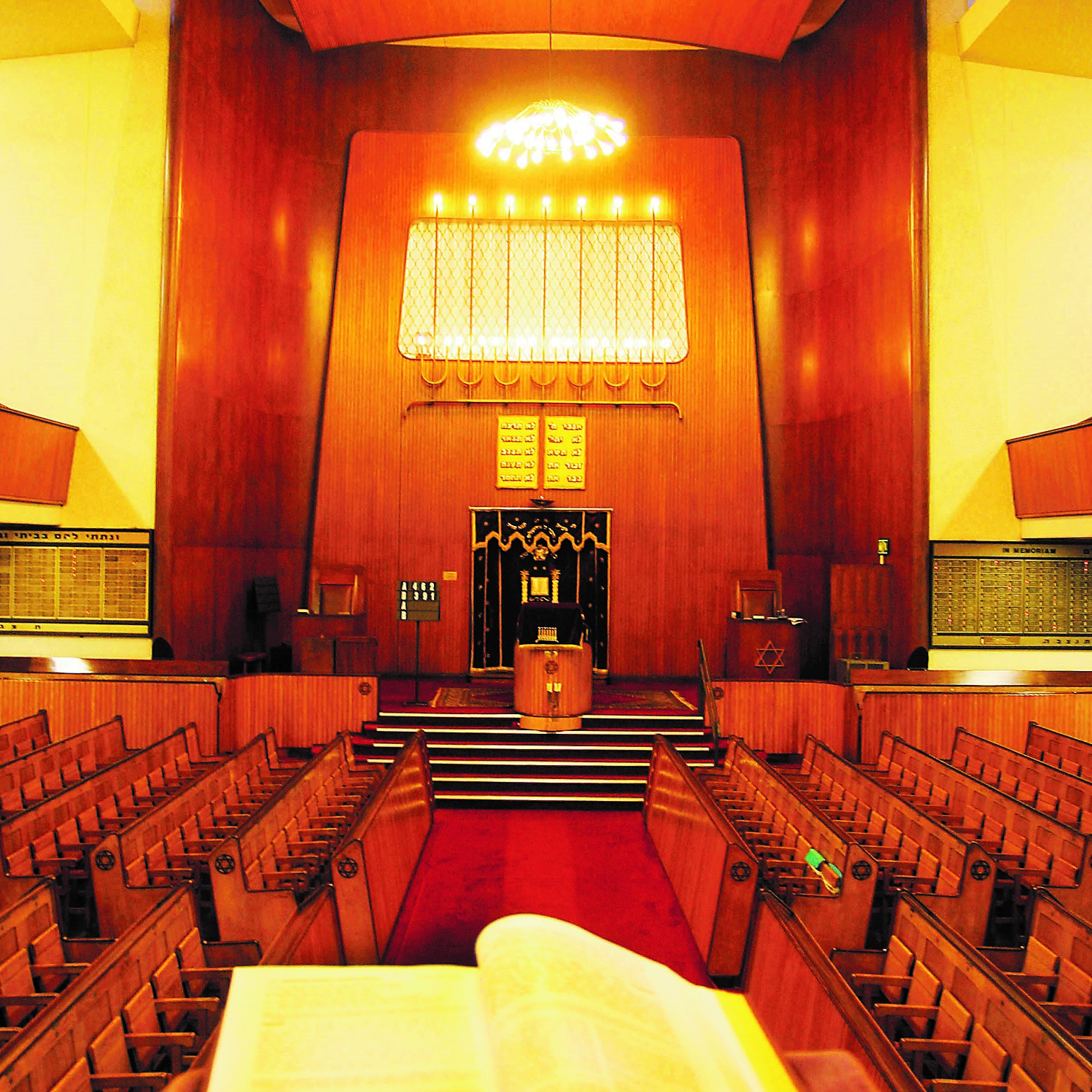
News

Shuls stay shut for now
TALI FEINBERG
In a letter to the community, he wrote, “Since announcing the two-week moratorium on shuls reopening, there have been ongoing discussions with shul leaders and leading medical experts. Given the volatility of the current situation, specifically, the rapidly rising infection rate in the country following the move to lockdown level 3, the consensus is that, at least for the next few weeks, there are too many unknowns and the risks of reopening our shuls is too great.”
This is in spite of the fact that President Cyril Ramaphosa announced that South African places of worship may reopen under strict conditions during lockdown level 3 from 1 June. These include limiting attendance to 50 people per service, wearing face masks, sanitising and social distancing, as well as routine cleansing of the prayer space.
“I’m convening a task team to develop different models and assess plausible timeframes for the potential reopening of our shuls, and to build a concrete framework that will enable this to happen,” wrote Goldstein.
“The team comprises senior rabbis from across the country, community leaders from the Union of Orthodox Synagogues, the South African Jewish Board of Deputies, the Community Security Organisation, Hatzolah, and a team of leading medical experts and advisors, including Professor Barry Schoub and Dr Richard Friedland. Together, we will evaluate when and how we can begin a phased and highly regulated return to our shuls.
“These decisions aren’t easy. Shuls are so central to our lives. Our public prayers and reading of the Torah bring so much holiness and divine merit to our community. We are all affected by their closure,” he wrote.
“There are those of us who have a yahrtzeit or are in mourning and need to say Kaddish for a loved one. There is also the heartbreaking situation of Barmitzvah boys who, after months and months of preparation, aren’t able to lein their parsha or recite their Haftarah in shul.
“There’s tremendous emotional and spiritual anguish at not having access to our minyanim, which is why we will continue to explore every possibility of reopening them safely. The agonising process of reopening our shuls should be a powerful symbol of how seriously we should all take the health protocols. We need to continue to practice social distancing, wear masks, and be aware and alert in everything we do,” he said.
“In the interim, while we are unable to open our shuls, let us realise that the gates of heaven remain open to our prayers at all times, wherever we are. Let us ensure we do everything we can to make our homes places of faith and prayer as we weather this crisis together.”
Schoub, the founding and former director of the National Institute for Communicable Diseases of South Africa and professor emeritus of virology at the University of the Witwatersrand, said, “The decision of the chief rabbi to defer consideration of the re-opening of shuls is, of course, to be commended. The hardship, the spiritual deprivation, the isolation, and even the personal agony which has gone along with shul closure is a deeply regrettable consequence of the current COVID-19 pandemic.
“Unfortunately, however, the country is now truly entering into the upward surge, or logarithmic expansion, of the pandemic. The very rapid proliferation of cases is even close to overwhelming much of the healthcare system.
“Against this background and the status of the pandemic, one of the most hazardous threats of spreading the virus – the congregate environment of shuls – must, of course, not take place,” said Schoub. “In the future, careful evaluation will need to be done to assess when it will be reasonably safe to consider re-opening the shuls.”




